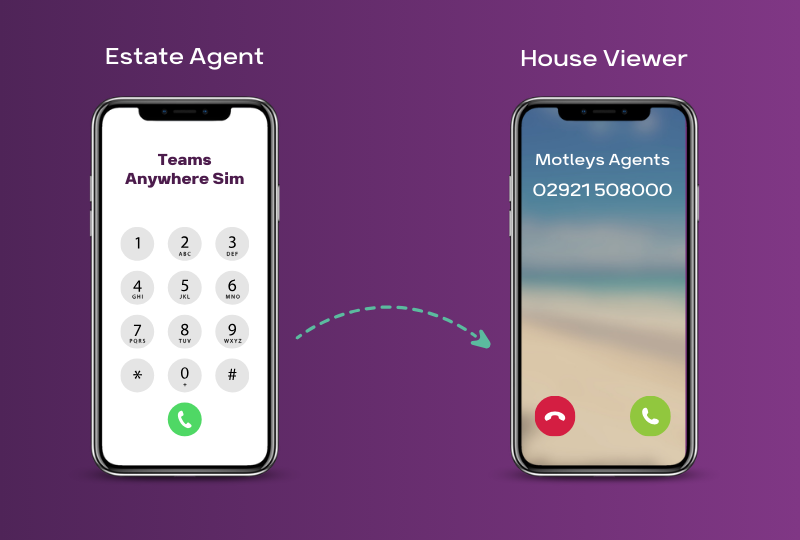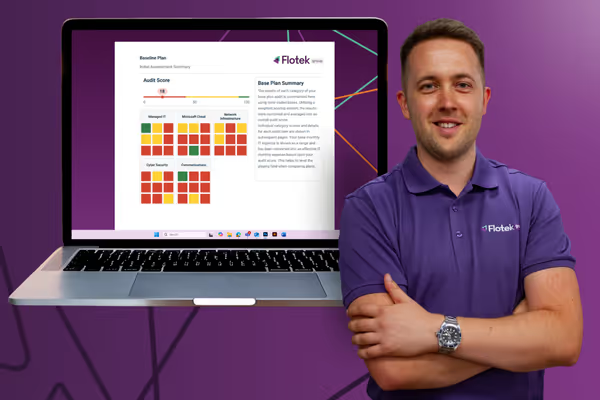
How To Use Cloud Backup For Microsoft 365
How To Use Cloud Backup For Microsoft 365
In the rapidly evolving digital world, the safeguarding of data is a critical concern for businesses. With the widespread adoption of Microsoft 365 in the corporate sector, many organisations will be concerned with the cloud backup options of using this suite. While Microsoft 365 offers basic data retention and protection features, it is crucial for businesses to understand that these are not comprehensive backup solutions. In this guide, we will provide an extensive overview of how businesses can effectively use cloud backup for Microsoft 365 to ensure the security and availability of their data.
Does Office 365 Have Cloud Backup?
A common question among Microsoft 365 users is whether the service includes cloud backup. The short answer is no. Microsoft 365 offers data retention features but does not provide a full backup service. This distinction is critical. Data retention is about keeping data for compliance purposes, while backup involves creating a copy of data that can be restored in case of loss or corruption. This gap necessitates the need for a dedicated cloud backup solution. Further reading: The Benefits Of Microsoft 365 For Your Business.
Understanding Microsoft 365's Backup Capabilities
Microsoft 365, a suite of cloud-based productivity tools, offers features like version control, recycle bins, and basic retention policies. These features provide a level of protection against accidental data loss and minor technical glitches but are not designed as complete backup solutions. They lack the comprehensive data protection, long-term retention, and disaster recovery capabilities that businesses typically require.
The Necessity Of Cloud Backup For Microsoft 365
Data loss in the business environment can occur for a variety of reasons: accidental deletions, employee turnover, malicious internal activities, external cyber attacks, and natural disasters. These risks necessitate a dedicated cloud backup solution for Microsoft 365, ensuring data security, regulatory compliance, and uninterrupted business operations.

Selecting The Right Cloud Backup Solution
Choosing the appropriate cloud backup provider involves considering several key factors:
- Comprehensive Data Coverage: The solution should cover all aspects of Microsoft 365, including emails, documents, contacts, and calendars.
- Robust Security and Compliance: The solution must adhere to industry-standard compliance regulations and use strong encryption methods for data security.
- User-Friendly Interface: The system should be easy to navigate and require minimal training for staff.
- Flexible Recovery Options: The solution should offer various recovery options, including point-in-time restores and item-level recovery, to cater to different loss scenarios.
- Reliable Customer Support: Assess the provider’s reputation for customer service and technical support.
Implementation Of Cloud Backup For Microsoft 365 Implementing a cloud backup solution involves several key steps:
- Assessing Needs: Carefully evaluate your organisation's specific backup needs, including data volume, sensitivity, and compliance requirements.
- Provider Selection: Select a cloud backup provider that aligns with your organisational needs and budget.
- Setup and Configuration: Configure the backup solution to define backup schedules and select the data sets to be backed up.
- Testing the Backup Process: Regularly test the backup and restore process to ensure data integrity and the effectiveness of the recovery process.
- Ongoing Monitoring and Maintenance: Continuously monitor the backup process and periodically review and update the backup plan to align with the evolving needs of the business.
Best Practices For Cloud Backup For Microsoft 365
- Regular Backup Schedules: Establish a routine backup schedule to ensure data is consistently backed up.
- Data Encryption: Make sure data is encrypted both in transit and at rest to enhance security.
- Strict Access Control: Implement robust access control policies to secure backup data.
- Compliance with Regulations: Ensure the backup solution complies with industry-specific regulatory requirements.
- Employee Training and Awareness: Conduct regular training sessions for employees on the importance of data backups and security protocols.

Advanced Cloud Backup Strategies
- Hybrid Backup Solutions: For some businesses, a hybrid approach combining cloud and on-premise backup solutions might be more suitable.
- Scalability of the Solution: Ensure that the backup solution can scale in line with your business's growth.
- Cost-Benefit Analysis: Evaluate the cost implications and potential return on investment of different backup solutions.
Integration with Disaster Recovery Planning: Incorporate cloud backup into your broader disaster recovery and business continuity plans.
Additional Considerations For Microsoft 365 Cloud Backup
- Retention Policy Management: Define and manage data retention policies to ensure compliance and efficient use of storage.
- Automation of Backup Processes: Automate backup processes where possible to increase efficiency and reduce the likelihood of human error.
- Data Prioritization: Identify and prioritise the backup of critical data.
- Regular Audits and Reviews: Conduct regular audits of your backup strategy and processes to identify and address any gaps or inefficiencies.
Rapid Recovery Capabilities: Ensure that your cloud backup solution provides rapid data recovery capabilities in the event of data loss.
Industry-Specific Applications Of Cloud Backup
In evaluating potential cloud backup providers, consider factors such as the location of their data centres, their uptime guarantees, the scalability of their solutions, and their track record in the industry. Reviews, testimonials, and case studies can be valuable resources in assessing a provider's reliability and effectiveness.
Our Final Word
While Microsoft 365 offers basic data protection features, these are not sufficient for the comprehensive data security needs of most businesses. Implementing a dedicated cloud backup solution is essential for ensuring the safety, security, and recoverability of critical business data. By following the guidelines and best practices outlined in this guide, businesses can effectively choose, implement, and manage a cloud backup strategy for Microsoft 365, ensuring that their data remains secure, compliant, and readily accessible when needed. If you’d like to talk about anything related to Microsoft 365 for your business or cloud backups, get in touch.
You may also like: Microsoft 365 Tips And Tricks You Need To Know






.jpg)



























.avif)




%20(1).avif)
.avif)
.avif)
.avif)








.avif)
.avif)
%20(1).avif)
.avif)
.avif)